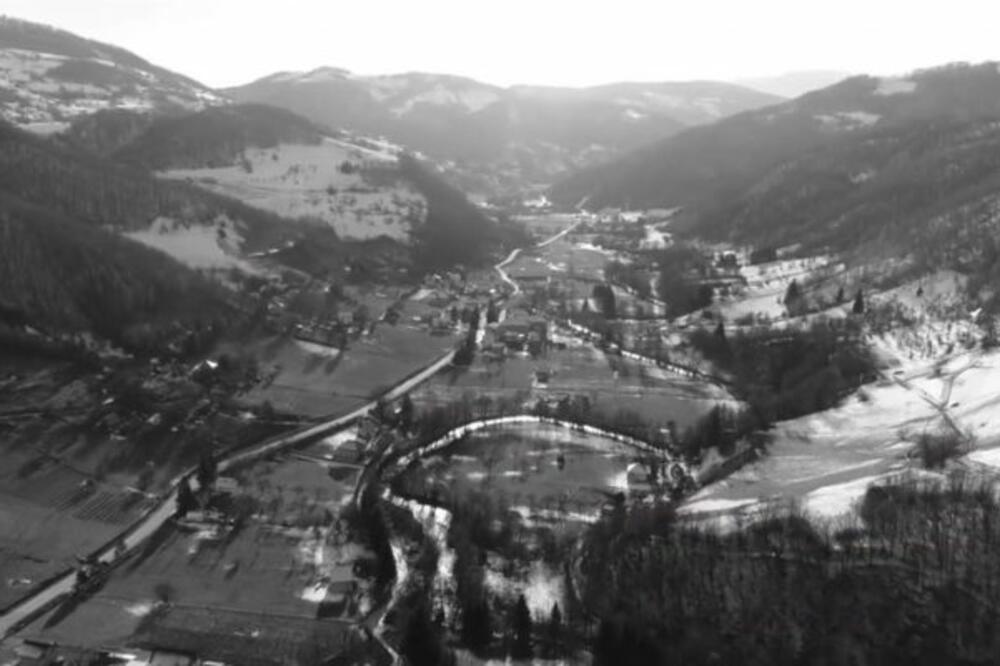An unprecedented crime. One of those events in front of which words are insufficient. But memory is necessary, and it does not exist if it is not organized through language. That's how forgetting occurs - if you condemn your words to emptiness.
The monstrous massacre of the Muslim population in Šahovići in 1924 is similar to the pogroms we read about, which took place in the Middle Ages, or somewhat later in Eastern Europe, that is, in Russia. The bloodthirsty attack on the peaceful population by the foaming "avengers" will remain in these areas as a chilling chorus... And long after Šahović. Until yesterday, so to speak... And tomorrow is not completely excluded either.
Feuilleton of a respected academician Sherba Rastoder he recalled this genocidal campaign on the occasion of the hundredth anniversary, but also explained, if it was unclear to anyone, why this crime deserves thorough remembrance, study and a clear determination according to everything that happened. The historian emphasizes that - in contrast to many gruesome crimes of this type that mostly took place in the chaos of war, the genocide in Šahovići was - a "peacetime project". And which only increases, if possible, the size of the crime. It was a massacre with the blessing of the authorities. The result was - ethnic cleansing. Genocide against the innocent.
Rastoder raises the right questions about the reasons for silence on the part of both the victim and the executioner. Some of the testimonies of the survivors are worthy of the most gruesome pages of Latin American literature.
For decades, this crime was present only as an echo, a distant echo of something about which, allegedly, there is no clear picture.
In fact, it was the basis of dangerous oblivion.
If the authorities were silent about this crime until 1941 because they too had bloody hands, why were the communists silent after 1945? If it wasn't for that communist silence, that is, if the society was faced with the truth, Bosnia probably wouldn't have been so devastated and bloodied in the XNUMXs.
That is why today's Montenegro needs a Day of Remembrance, a memorial and a clear determination of us today, through a parliamentary resolution, for example. As in the case of deportations, but also some other events that were silenced, condemned to exist in echo-history, which for one reason or another are not talked about. Including the Bar Massacre at the end of World War II.
In such situations, the healing power of the truth. The future of this society depends on how well we are able to express the truth. If there is a lie in the foundation of a community, there is no historical logic and/or divine providence that can make it "sustainable" in the long run, as politicians would say. Let alone eternal. Montenegro, which remembers the Šahović genocide, cannot be the same one that allowed such a thing to happen.
Nevertheless, after reading academician Rastoder's feuilleton, the general's magnificent lesson leaves a special impression Danilo Jauković. A lesson in intellectual honesty and responsibility, memory and more.
This atypical warrior did more to save the Montenegrin image than all the institutions to which it belonged...
In 1973, 49 years after the massacre itself, he gathered a dozen still living participants and had a detailed conversation with them, of course as much as is possible after almost five decades. The document about that conversation explains exactly what happened and how. After this kind of testimony, any doubts are simply not possible anymore.
This conversation is also exceptional for its literary value. Almost every participant utters the sentence - "They are Muslims." he says victims". It was probably clear to some at least then, but the commitment is to him By ticks "historical ghosts" (religion, nation) made them criminals. Which, even after half a century, right they talk about what they did.
While historians shied away from this topic, writers only sporadically touched it, one partisan general did - the right thing.
More recent crimes (signed by the authorities) will remain without such an epilogue. Because there are no more partisan generals...
Bonus video:





